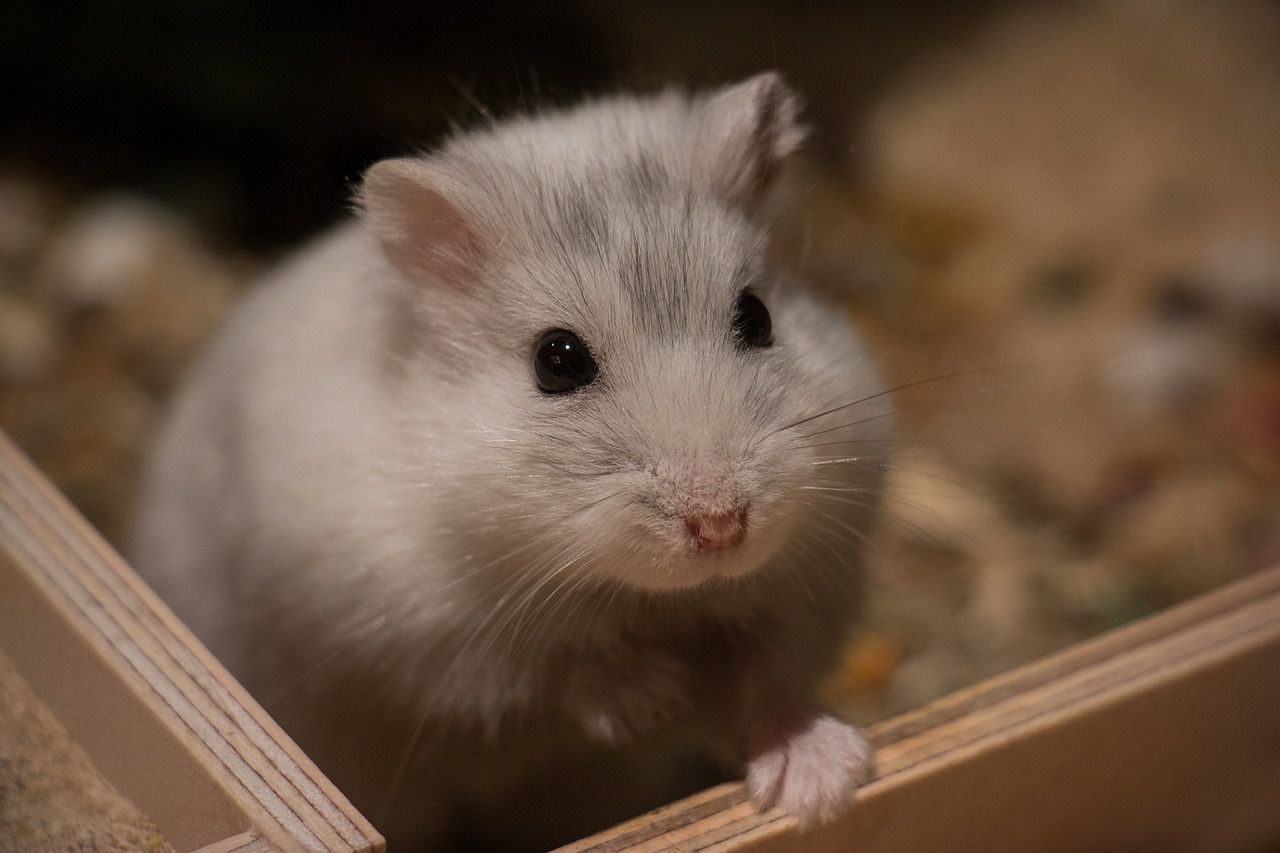Hamsters are cute and relatively easy to take care of, so lots of people buy them as pets for their kids.
Unfortunately, these pets are famous for living not too long.
Here are the main reasons why they rarely get old.

Genetic Predisposition
Hamsters often have a shorter lifespan due to genetic factors.
Selective breeding practices over generations have focused on certain physical traits rather than longevity, which can result in reduced overall lifespan.
Size and Metabolism
Hamsters are small mammals with rapid metabolic rates.
Smaller animals generally have shorter lifespans compared to larger ones.
Their high metabolic rate may lead to faster aging processes and a shorter lifespan compared to larger mammals.
Reproductive Stress
Female hamsters, particularly Syrian hamsters, have a unique reproductive biology that can impact their lifespan.
They have a short window for breeding and can experience significant physiological stress during pregnancy and childbirth.
This stress, along with the demands of nursing and caring for their young, can potentially affect their overall health and longevity.
Health Issues
Hamsters can be susceptible to various health problems that may affect their lifespan.
These include respiratory infections, dental issues, tumors, and digestive disorders.
Certain genetic lines of hamsters may be more prone to specific health conditions, which can impact their lifespan and overall quality of life.












